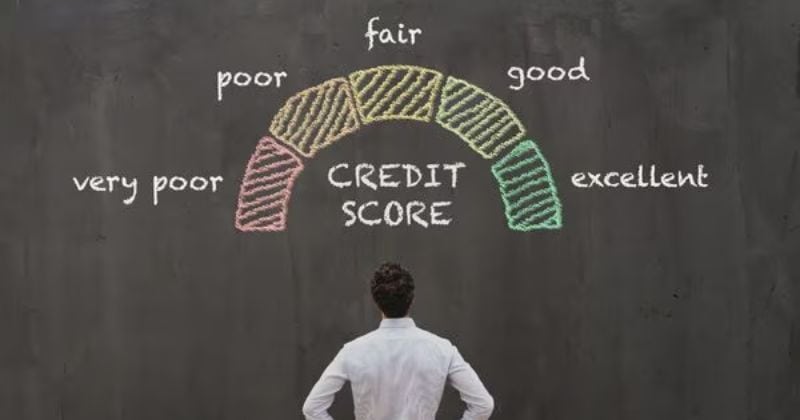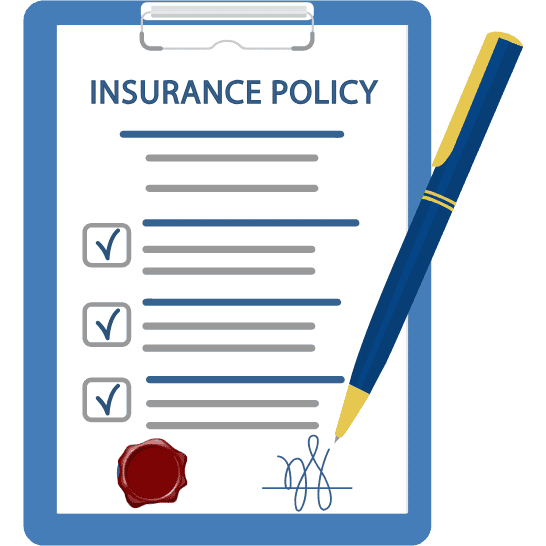How To Consolidate Credit Card Debt Without Hurting Credit Score?

Credit card debt can be overwhelming, especially when multiple cards have varying interest rates and due dates. If left unchecked, debt can spiral out of control, affecting financial stability and peace of mind. However, consolidating credit card debt can be a strategic way to regain control of finances without harming your credit score—if done correctly. This article explores how to consolidate credit card debt effectively while preserving and even improving your credit score. Debt consolidation is the process of combining multiple debts into a single payment. The goal is to secure better terms, such as a lower interest rate or an extended repayment period, making it easier to manage monthly payments. When done correctly, consolidation can simplify finances and reduce financial stress while helping maintain or boost a healthy credit score. A good credit score is essential for financial opportunities like securing loans, renting apartments, and even job applications in some cases. Since debt consolidation involves taking on a new financial agreement, it is crucial to understand its impact on credit scores and take steps to mitigate any negative consequences. One of the most common ways to consolidate credit card debt is through a balance transfer. Many credit card issuers offer balance transfer cards with an introductory 0% APR period, typically lasting 12–24 months. This allows you to transfer high-interest debt onto a new card and pay it off without accruing additional interest. A debt consolidation loan is a personal loan used to pay off multiple credit card balances. This method allows you to replace high-interest credit card debt with a lower fixed-rate loan, simplifying payments and potentially reducing the overall cost of debt. Debt management plans (DMPs) are offered by credit counseling agencies and involve negotiating with creditors to reduce interest rates and consolidate payments into one manageable monthly installment. Debt consolidation is not a cure-all solution. Without changing spending habits, new debts can quickly accumulate, leading to a cycle of financial distress. Missing payments on a consolidation loan, balance transfer card, or DMP can harm your credit score. Always set reminders or automate payments to avoid missed due dates. After consolidation, it may be tempting to close old credit card accounts. However, keeping them open can positively impact your credit utilization ratio and credit history length—both of which contribute to your credit score. Not all debt relief services are legitimate. Be cautious of companies that promise to eliminate debt quickly or charge high upfront fees. Always work with reputable organizations or seek professional financial guidance. Consolidating credit card debt can be a smart financial move when done correctly. By choosing the right method—whether through balance transfers, debt consolidation loans, DMPs, home equity options, or creditor negotiations—you can regain control over your finances without harming your credit score. However, it is crucial to make informed decisions, avoid common pitfalls, and seek professional guidance when needed. Taking proactive steps now can lead to a debt-free future with improved financial stability and creditworthiness.Understanding Credit Card Debt Consolidation
The Importance of a Healthy Credit Score
Best Methods to Consolidate Your Credit Card Debt
1. Balance Transfer Credit Cards
How to Do It Right:
Impact on Credit Score:
2. Debt Consolidation Loans
How to Do It Right:
Impact on Credit Score:
3. Debt Management Plans (DMPs)
How to Do It Right:
Impact on Credit Score:
Avoid These Common Mistakes
1. Failing to Address the Root Cause of Debt
2. Missing Payments
3. Closing Old Credit Accounts
4. Falling for Debt Relief Scams
Conclusion

